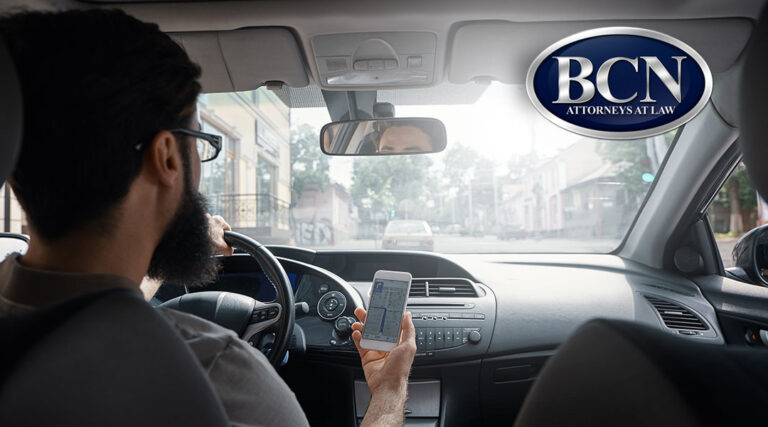The intention of drivers who cause Florida car accidents is rarely to hurt anyone. However, it is the consequences that matter to Florida’s careless driving statute, as the case is determined by whether the driver was using reasonable regard for the current road conditions and laws. The basic allegation in a traffic case involving careless driving is failure to use reasonable care, which is what injury lawyers assert when alleging negligence in most Florida crash cases. A negligent driver is one who failed to use reasonable care and can be held legally liable to cover a portion, or all, of the resulting damages if the injuries were severe enough to exceed F.S. 627.737 criteria. Read on to learn more about careless and reckless driving cases and how they are handled.
Careless Driving And Aggressive Careless Driving
According to the National Highway Traffic Safety Administration (NHTSA), around 95% of crashes are due to human error. F.S. 316.1925 defines a failure to drive “ in a careful and prudent manner, having regard for the width, grade, curves, corners, traffic and all other attendant circumstances, so as to not endanger the life, limb, or property of any person” as careless driving. Cases involving failure-to yield crashes and rear-end car accidents frequently cite careless driving, and occasionally in distraction cases. Careless driving allegations may cross over into “aggressive careless driving” (F.S. 316.1923) if two or more traffic violations occur simultaneously or one right after the other. Examples of applicable violations include:
- Improperly or unsafely switching lanes
- Speeding
- Following another vehicle too closely
- Improperly passing another vehicle
- Not yielding right-of-way to another vehicle
- Violation of traffic control devices or signals
Reckless Driving
Aggressive driving may become “reckless driving” if one can prove a person was intentionally being indifferent to the consequences of their dangerous actions. This doesn’t mean you have to prove they intended to cause a crash; As F.S. 316.192 states, it means that you have to prove they were driving with a willful or wanton disregard for the safety of other people or property. Reckless driving includes:
- Drag racing on the highway
- Weaving in and out of traffic while speeding
- Break-checking other vehicles on the highway
- Fleeing law enforcement
A Top Auto Accident Attorney Can Help You Win Your Case
Just because the other driver is cited for violating Florida driving statutes doesn’t mean you win your case, since the traffic citation and your injury claim are two separate processes. Since Florida is a no-fault state, Florida car accident injury claims are handled by each driver’s own PIP insurer up to $10,000 in medical bills and lost wages. However, if your injuries are more severe, then you can file a claim with the other driver’s insurer (or other parties responsible) for damages. While traffic citations help your case, it doesn’t mean your claim will be approved by the insurer, and if the injuries involved are extremely severe (or fatal) you should have an expert personal injury lawyer on your side to deal with the insurer.
Even when dealing with your own insurer, remember that they are always looking out for their own bottom line. To avoid paying out, insurance companies may question if you have comparative fault (F.S. 768.81) or dispute the value of your claim. An experienced personal injury attorney from BCN Law Firm can help you navigate the case and fight for the maximum amount of compensation owed you. We work on a contingency fee basis, so you don’t pay anything unless you win your case.
Contact Us Today
If you have been in a serious Florida car accident, you should have an auto accident attorney on your side. Call BCN Law Firm for a free initial consultation today.

